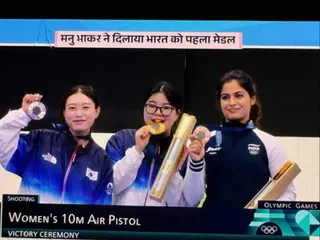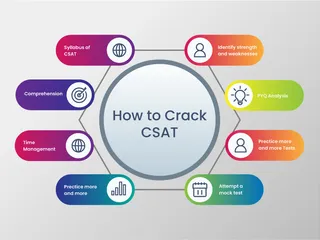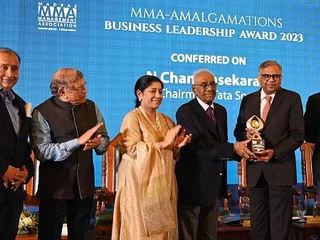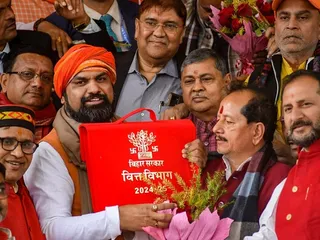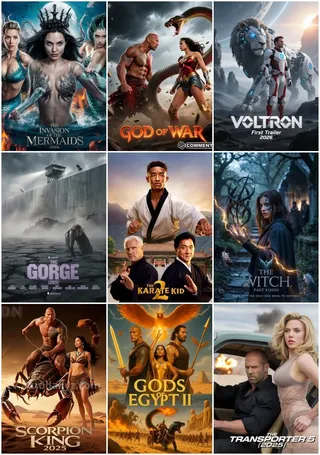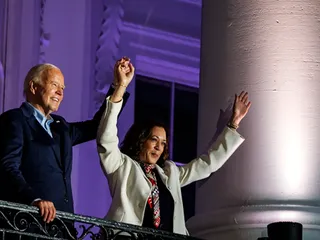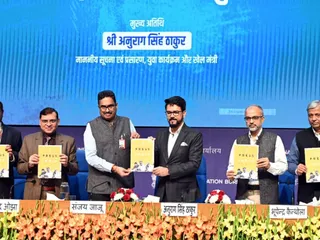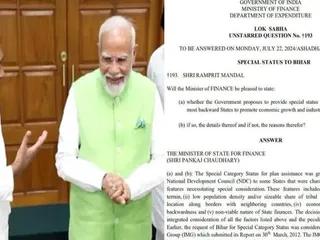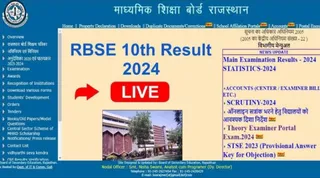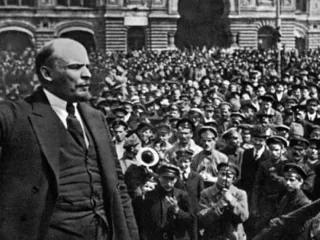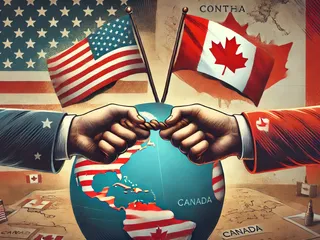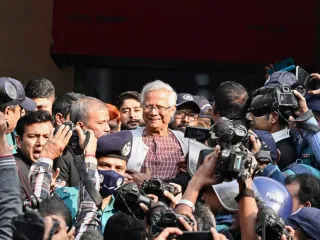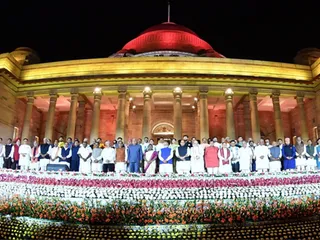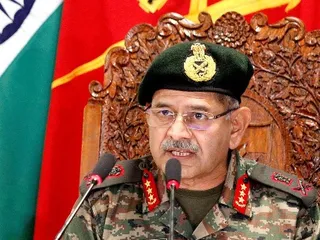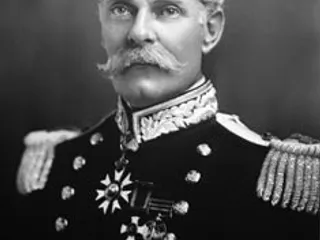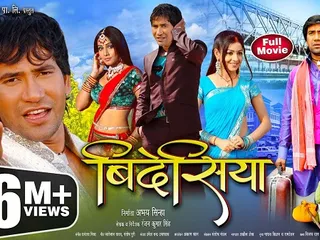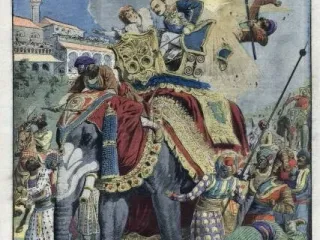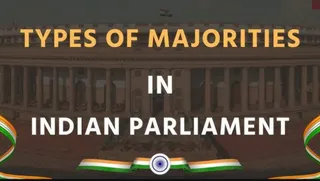The First Round Table Conference, convened in London in November 1930, marked a significant, albeit ultimately flawed, attempt by the British government to address the growing demand for Indian self-governance. Called by the British Prime Minister Ramsay MacDonald, the conference aimed to discuss the future constitutional framework for India, a topic already simmering with tension due to the aftermath of the Simon Commission report and the escalating Civil Disobedience Movement led by Mahatma Gandhi.
The conference was notable for its diversity of participants. While the British government held the ultimate authority, representatives from various Indian political factions were invited. The Indian National Congress (INC), despite its initial boycott under Gandhi’s leadership, sent a delegation including prominent figures like Motilal Nehru and representatives from other significant groups. Crucially, representatives of the Muslim League, led by Muhammad Ali Jinnah, were also present, highlighting the growing religious divide within the Indian political landscape. However, the conference lacked the full participation of key revolutionary groups and a significant segment of the Indian population still engaged in direct action against British rule.
The primary objective was to explore the possibility of granting India dominion status within the British Empire – a self-governing dominion similar to Canada or Australia. Discussions centered around issues like the distribution of power between the central government and the provinces, the representation of different communities (including Hindus, Muslims, Sikhs, and others), and the safeguards for minority interests. These discussions often highlighted deep-seated differences among Indian delegates themselves, with significant disagreements regarding the balance of power and the representation of various religious and caste groups.
The outcomes of the conference were mixed and ultimately inconclusive. While some progress was made in outlining a constitutional framework, significant disagreements remained unresolved. The INC's initial skepticism regarding dominion status, coupled with the lack of genuine power-sharing, led to a lack of consensus. The Muslim League, for instance, pressed for separate electorates and other provisions to protect Muslim interests, a demand which further complicated the negotiations. Gandhi's absence, due to his commitment to the Civil Disobedience Movement, significantly impacted the INC's participation and bargaining position.
Despite its limitations, the First Round Table Conference holds historical significance. It marked a significant step in the British government's acknowledgment of India's need for self-governance, although this recognition came with considerable caveats and conditions. The conference foreshadowed the eventual granting of independence, yet it also highlighted the complex and often intractable divisions within Indian society that would continue to shape the course of the independence movement. The failure to reach a decisive consensus ultimately contributed to the need for further rounds of negotiations and further fueled the struggle for complete freedom from British rule.
The legacy of the First Round Table Conference remains a subject of ongoing historical debate. While it didn’t directly lead to immediate independence, it served as a crucial stepping stone in the long and arduous process of India’s journey to self-rule. It highlighted both the possibilities and the immense challenges of forging a unified and independent India.




